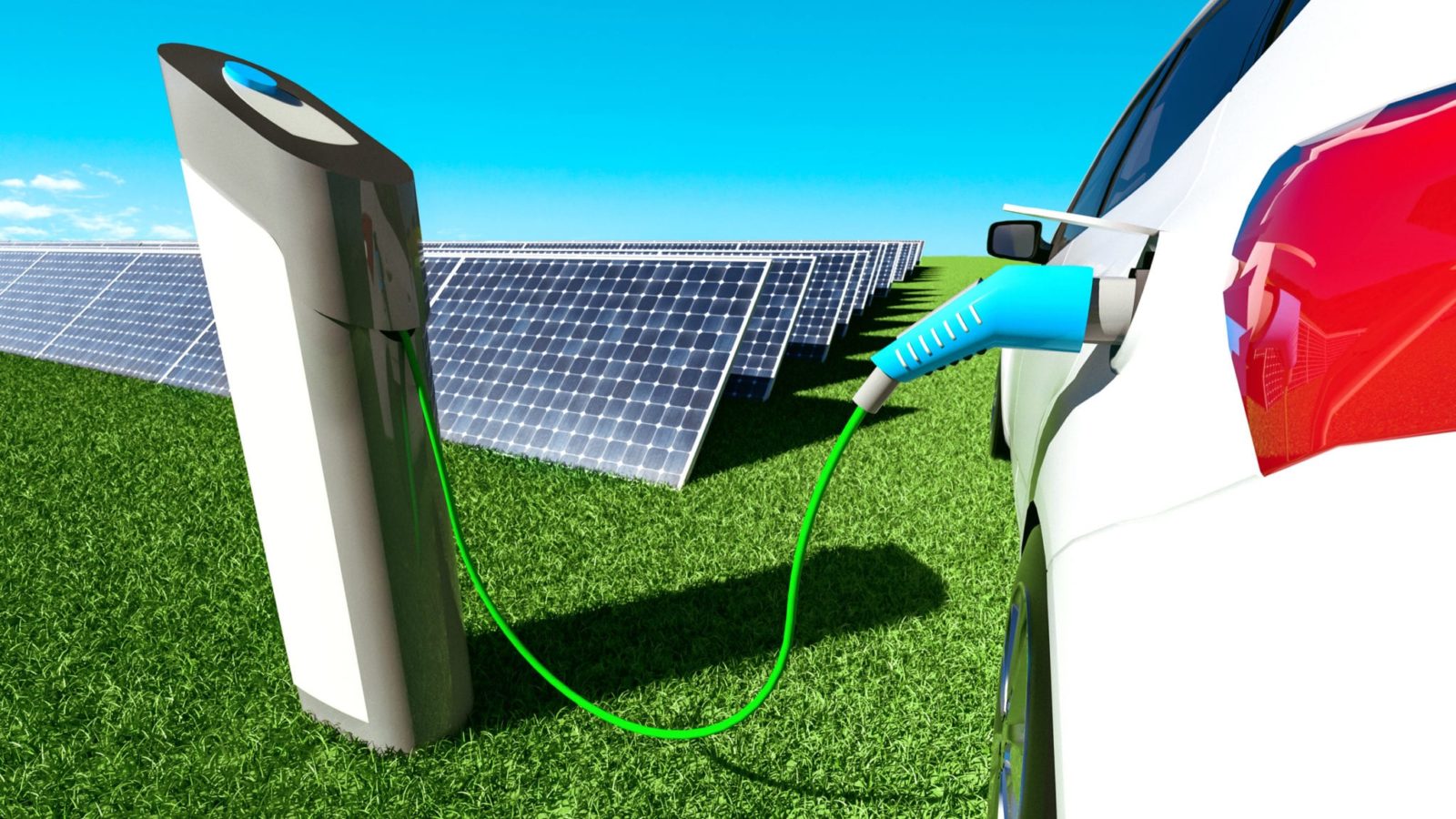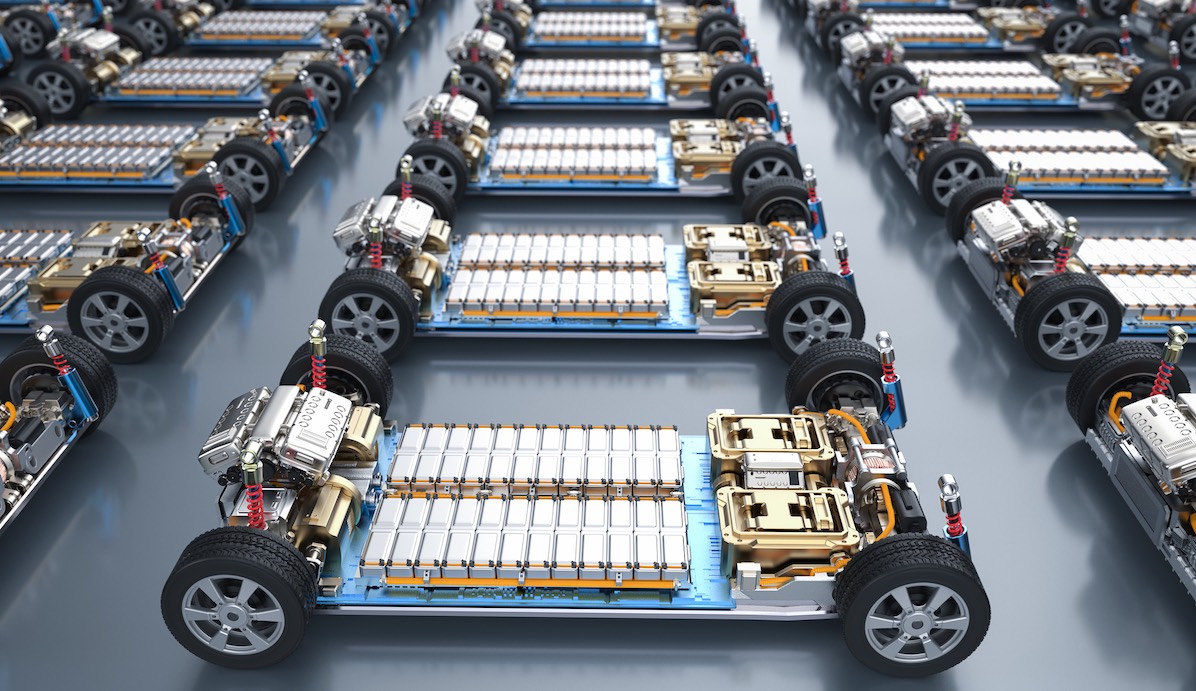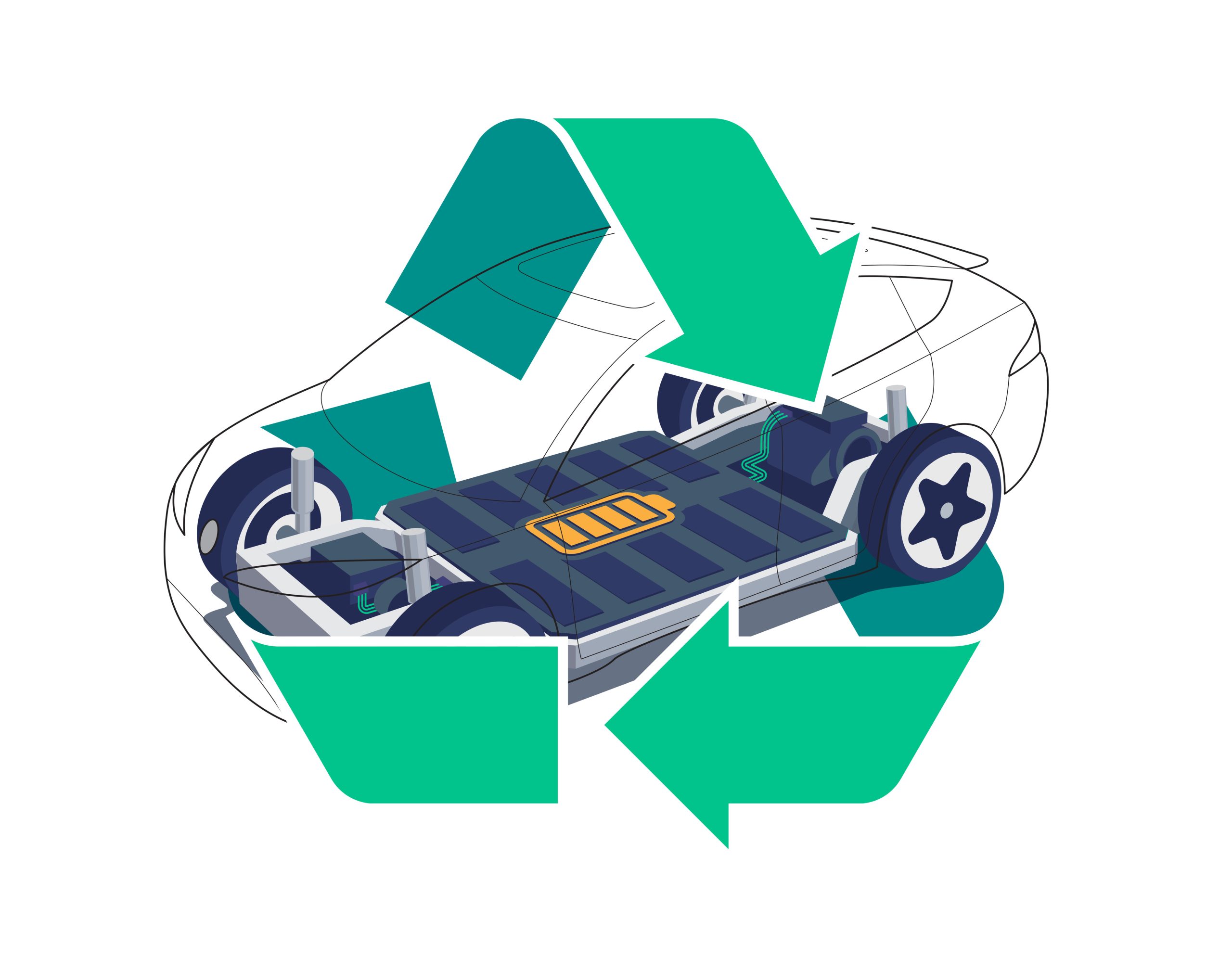As electric vehicles (EVs) continue to gain popularity, the conversation around their environmental impact has intensified.
While EVs are celebrated for their potential to reduce greenhouse gas emissions and dependence on fossil fuels, the focus is shifting towards the life cycle of EV batteries, particularly their recycling and disposal.
The debate over EV battery recycling and its environmental impact is complex, involving stakeholders from the automotive industry, environmental groups, policymakers, and consumers.
The Promise of EVs
Electric vehicles are seen as a crucial part of the transition to a more sustainable transportation system. By eliminating tailpipe emissions, EVs contribute to improved air quality and reduced carbon emissions.

As the grid becomes greener with the integration of renewable energy sources, the environmental benefits of EVs are expected to increase. This potential has led to widespread support for the adoption of EVs as a key strategy to combat climate change.
The Challenge of Battery Production
However, the production of EV batteries presents significant environmental challenges. Lithium-ion batteries, the most common type used in EVs, require the extraction of raw materials such as lithium, cobalt, and nickel.
Mining these materials can have substantial environmental and social impacts, including habitat destruction, water pollution, and labor rights issues. The energy-intensive manufacturing process of batteries also contributes to carbon emissions, raising concerns about the carbon footprint of EVs.
Also Read: Luxury SUVs and Their Impact on Urban Traffic Congestion
Battery Recycling: Opportunities and Obstacles
Battery recycling is seen as a solution to mitigate some of the environmental impacts associated with EVs. Recycling can recover valuable materials, reduce the need for new mining, and decrease the amount of waste ending up in landfills. Effective recycling processes can also help address supply chain challenges and lower the costs of battery production.
Despite these benefits, the current state of battery recycling faces several obstacles. The technology for recycling lithium-ion batteries is still evolving, and the infrastructure for large-scale recycling is not yet fully developed.
Recycling facilities are expensive to build and operate, and the processes used can be complex and costly. Additionally, the variety of battery chemistries and designs poses challenges to standardizing recycling methods.
Environmental Impact of Recycling
The environmental impact of battery recycling is another contentious issue. While recycling can reduce the demand for new raw materials, the processes involved in recycling batteries are not without their environmental costs.
Energy consumption, emissions, and the use of potentially hazardous chemicals in recycling processes need to be carefully managed to ensure that the benefits outweigh the drawbacks.
Regulatory and Policy Considerations
Government regulations and policies play a crucial role in shaping the world of EV battery recycling. Some regions have implemented extended producer responsibility (EPR) programs, which hold manufacturers accountable for the entire lifecycle of their products, including end-of-life disposal and recycling.
These policies can incentivize the development of more sustainable battery technologies and recycling practices.
International cooperation and standardization are also important to address the global nature of the EV industry. Harmonizing regulations and establishing best practices for battery recycling can help create a more efficient and effective recycling system.

The debate over EV battery recycling and its environmental impact is complex and multifaceted. While EVs offer significant promise for reducing greenhouse gas emissions and dependence on fossil fuels, the challenges associated with battery production and recycling cannot be overlooked.
Addressing these challenges requires collaboration between industry, governments, and environmental organizations to develop sustainable solutions.
By investing in advanced recycling technologies, implementing supportive policies, and promoting responsible sourcing of raw materials, the EV industry can move towards a more sustainable future.
Also Read: The Great Debate Over Synthetic Fuels as an Alternative to EVs

